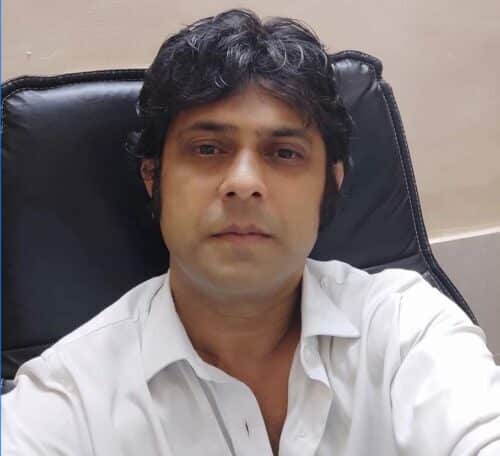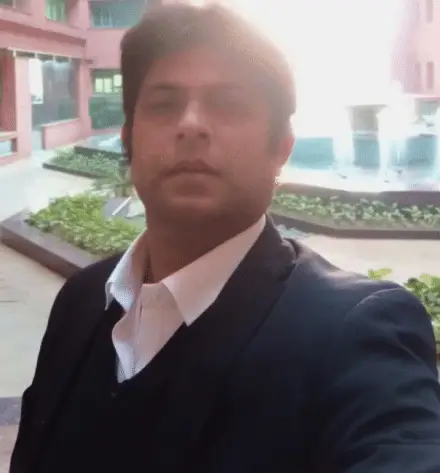File Mutual Consent Divorce in Bangalore
Mutual Consent Divorce in Bangalore free consultation
For filing Mutual Consent Divorce in Bangalore you may call at 9873628941 . Advocate Tapan Choudhury provides free consultation with any query related to Mutual Consent Divorce. As you would know Mutual Consent Divorce is the easiest and quickest manner in which a marriage may be dissolved and this is because it is amicably settled between the parties.
Requirements for filing Mutual Consent Divorce in Bangalore
Mutual Consent Divorce Petition is filed under Section 13 B of the Hindu Marriage Act 1955
1 year separation prior to filing the joint petition: The first requirement is there should be 1 year minimum separation between the parties. Now separation does not always mean that both parties are living at different addresses. It could mean both are living under the same roof but are not living as husband and wife .
Address proof : Another important requirements is one of the parties should be a resident of Bangalore which means Original Aadhar has to be shown at the time of appearance in court. Although while filing photocopies is required.
MOU: Also called Memorandum of Understanding is an essential requirement as this would state the manner in which parties have decided to amicably settle their disputes.
Waiver Application : If there is a separation of more than 18 months parties can file an application of 6 months period so that the marriage can be dissolved within a very short time. Kindly refer to this Judgment of the Hon’ble Supreme Court of India in Amardeep Singh v Harveen Kaur ( 2017 (8) SCC 746.
For filing Mutual Consent Divorce in Bangalore Kindly Call at 9873628941
Who is the Top Divorce Lawyer in Bangalore, India
This question might crop up every time you search for a divorce lawyer – Who is the top Bail Lawyer in Bangalore , Delhi, India? A consultation with Advocate Tapan Choudhury will definitely give you that assurance.
Call Now at 9873628941

Why do you need a good Divorce Lawyer
A good divorce lawyer will guide you through the process and will also try to solve it with counselling in case there are children involved in a case . Reasons why you need a good divorce lawyer :
Grasp over the entire matrimonial dispute: A good lawyer with experience can guide you with the best approach if it is not going towards an amicable settlement .
Expertise : An expert in divorce laws can help you take the best decision rather than keep filing one petition after another.
Knowledge and understanding of laws: A expert divorce lawyer has an understanding of divorce laws , maintenance , child custody , domestic violence and all related issues in a matrimonial dispute.
Advocacy: This is an aspect which you will know with a single consultation with an expert lawyer . An experience and honest lawyer will guide you with proper drafting and filing .
Time period for dissolution of Marriage
As already stated above the cooling period of 6 months can be waived with filing :
Waiver application: If there is a separation of more than 18 months a waiver application can be filed to apply for an early hearing of the second motion petition
Decision waiver application : If the court is satisfied and allows the waiver application then the matter will come to a conclusion within maybe a month or two.
Process of filing Mutual Consent Divorce in Bangalore
The process is very simple as given herein under:
Joint Petition: A joint Petition signed by both parties will be filed in court.
MOU: An MOU will be signed and filed alongwith the divorce petition .
Address proof: Aadhar card of both parties are required at the time of filing. If the wife is residing in Bangalore then she will have to produce an aadhar card. If the other party is a resident of another place then his aadhar is required
Jurisdiction: The 3 conditions for jurisdiction are the place of filing would be where both last resided together or where the wife resides or where the marriage was solemnised.
Who can apply for mutual consent divorce
In case of mutual consent divorce it has to be proved that the marriage is valid.
Now for proving that parties will have to provide these following documents
- Marriage Certificate
- Wedding Card
- Marriage Photographs
Cost of filing Mutual Consent Divorce
The cost of filing Mutual Consent Divorce is reasonable . You may submit your query at Divorce Lawyer in Bangalore
Tapan Choudhury,
Advocate,
Mob- 9873628941
Email ID tapsash@gmail.com
